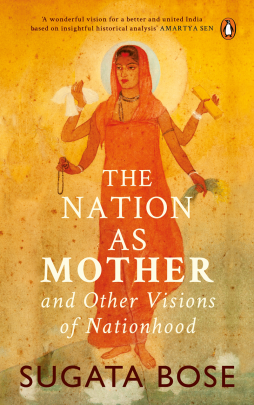
Sugata Bose

Showing all 14 books
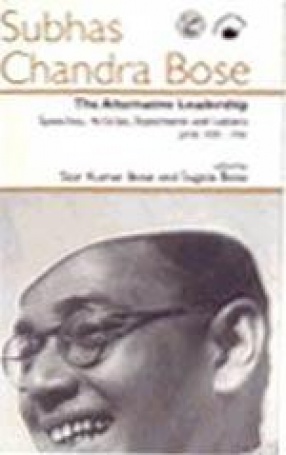
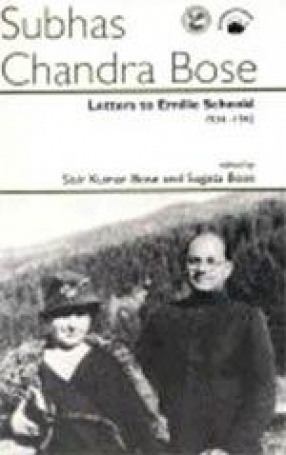

History matters in contemporary debates on nationalism,' Sugata Bose contends in The Nation as Mother. In this interconnected set of deeply researched and powerfully argued essays and speeches Bose explores the relationship between nation, reason and religion in Indian political thought and practice. Offering a subtle interpretation of the ways of imagining the nation as mother, the book illuminates different visions of India as a free and flexible federal union ...
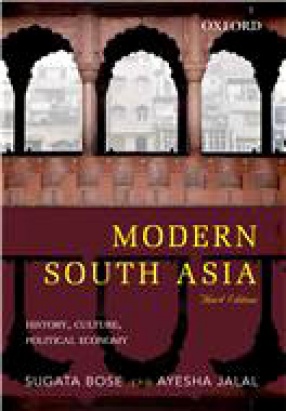
Drawing on the newest and the most sophisticated historical research and scholarship in the field, Modern South Asia provides a challenging insight for those with an intellectual curiosity about the region. After sketching the pre-modern history of the subcontinent, the book concentrates on the last three centuries. Jointly authored by two leading Indian and Pakistani historians, it offers a rare depth of historical understanding of the politics, cultures, and ...
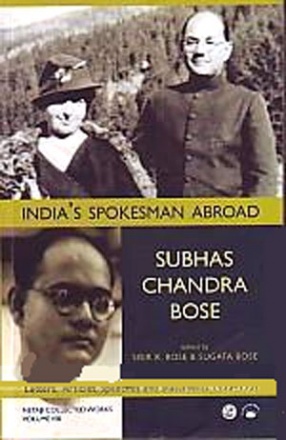


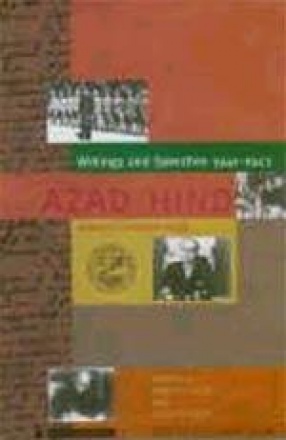
On the night of 16-17 January 1941, Subhas Chandra Bose secretly left his Elgin Road home in Calcutta and was driven by his nephew, Sisir, in a car up to Gomoh railway junction in Bihar. Before his departure he wrote a few post-dated letters to be mailed on his return to Calcutta in order to give the British the false impression that he was still at home. Volume 11 of Netaji’s Collected Works opens with one such letter, written to his political colleague Hari ...

After decades of stagnation, Bengal agricultural output finally began to grow faster than the population from the mid 1980s onwards. While this achievement has been widely heralded, there has been no effort to analyse in detail the reasons for and the consequences of agrarian change in the region. Providing a unique interdisciplinary synthesis, this volume--which draws chiefly upon micro studies of villages in West Bengal and Bangladesh--explores the complex ...

Between his resignation as Congress President in Calcutta on 29 April 1939 and his escape from his Elgin Road home on the night of 16-17 January 1941, Subhas Chandra Bose provided India with an alternative leadership in place of the old guard represented by the Gandhian High Command. His alternative was based on a commitment to anti-imperialism and future socialism. This volume brings together the writings and speeches of a crucial phase in Bose's political life ...

This volume brings together Bose's letters, writings and speeches from January 1938 until just after his resignation in April 1939. It includes the famous Haripura Address of February 1938. Other pieces deal with socialism, national planning, science, Hindu-Muslim relations, the role of women, and European politics. Among the 120 letters here are sets of correspondence with Gandhi, Tagore, Jinnah and Nehru.

Perhaps the least known aspect of Netaji Subhash Chandra Bose's many-sided personality was his love for Emilie Schenkl, his Austrian wife. Bose met Emilie Schenkl in June 1934 in Vienna, developed a close relationship during his forced European exile, secretly married her in December 1937, and had a daughter, Anita, in November 1942. This volume of Netaji's collected works illuminates the human and emotional aspects of his many splendoured life. One hundred and ...
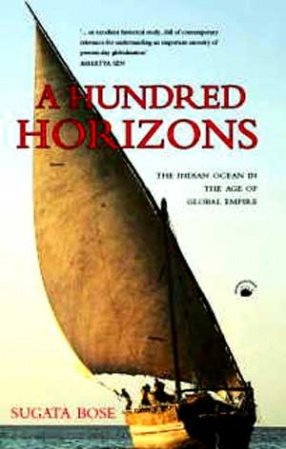
A Hundred Horizons written around a set of sea voyages involving Curzon, Tagore, and Gandhi, as well as unknown merchants, labourers, soldiers, and pilgrims, this book asks us to completely rethink the nature of nationalism and empire. It does so by arguing the importance of interregional arenas for extra-territorial and universalist anti-colonialism. This current of ideas, Bose powerfully demonstrates, coexisted and contended with territorial nationalism. He ...

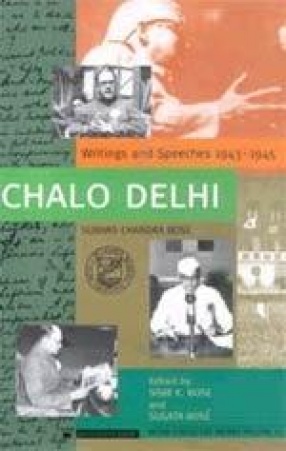
After a perilous ninety-day submarine voyage,Netaji Subhas Chandra Bose arrived in Southeast Asia on 6 May 1943 to lead the Indian independence movement. 'Only when the blood of freedom loving Indians begins to flow', he declared in one of his broadcasts in June 1943, 'Will India attain her freedom.' In his last message, on 15 august 1945, he argued faith in India's destiny and expressed confidence that 'India shall be free and before long.' Volume 12 of Netaji's ...
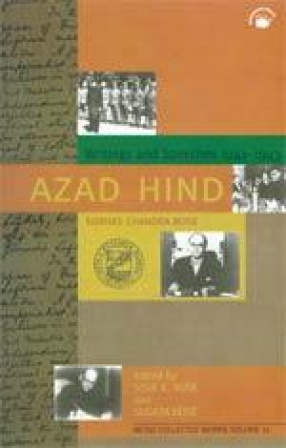
On the night of 16-17 January 1941, Subhas Chandra Bose secretly left his Elgin Road home Calcutta and was driven by his nephew, Sisir, in a car up to Gomoh Railway junction in Bihar. Two years later, in February 1943, Bose set out on a perilous submarine journey from Europe to Asia. Between these two journeys lies perhaps the most difficult , daring and controversial phase in the life of India's foremost anti-colonial revolutionary. His writings and broadcasts ...
